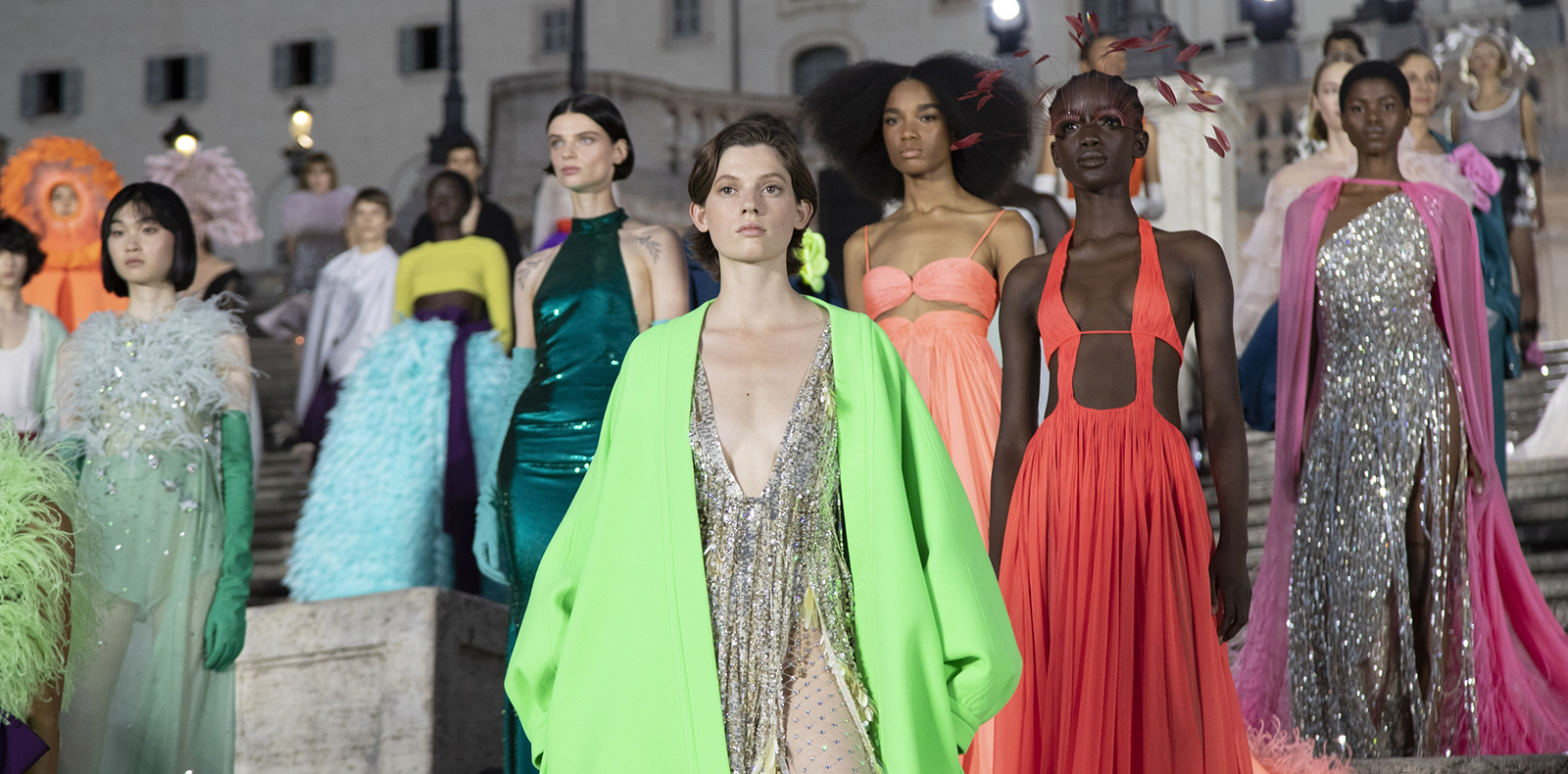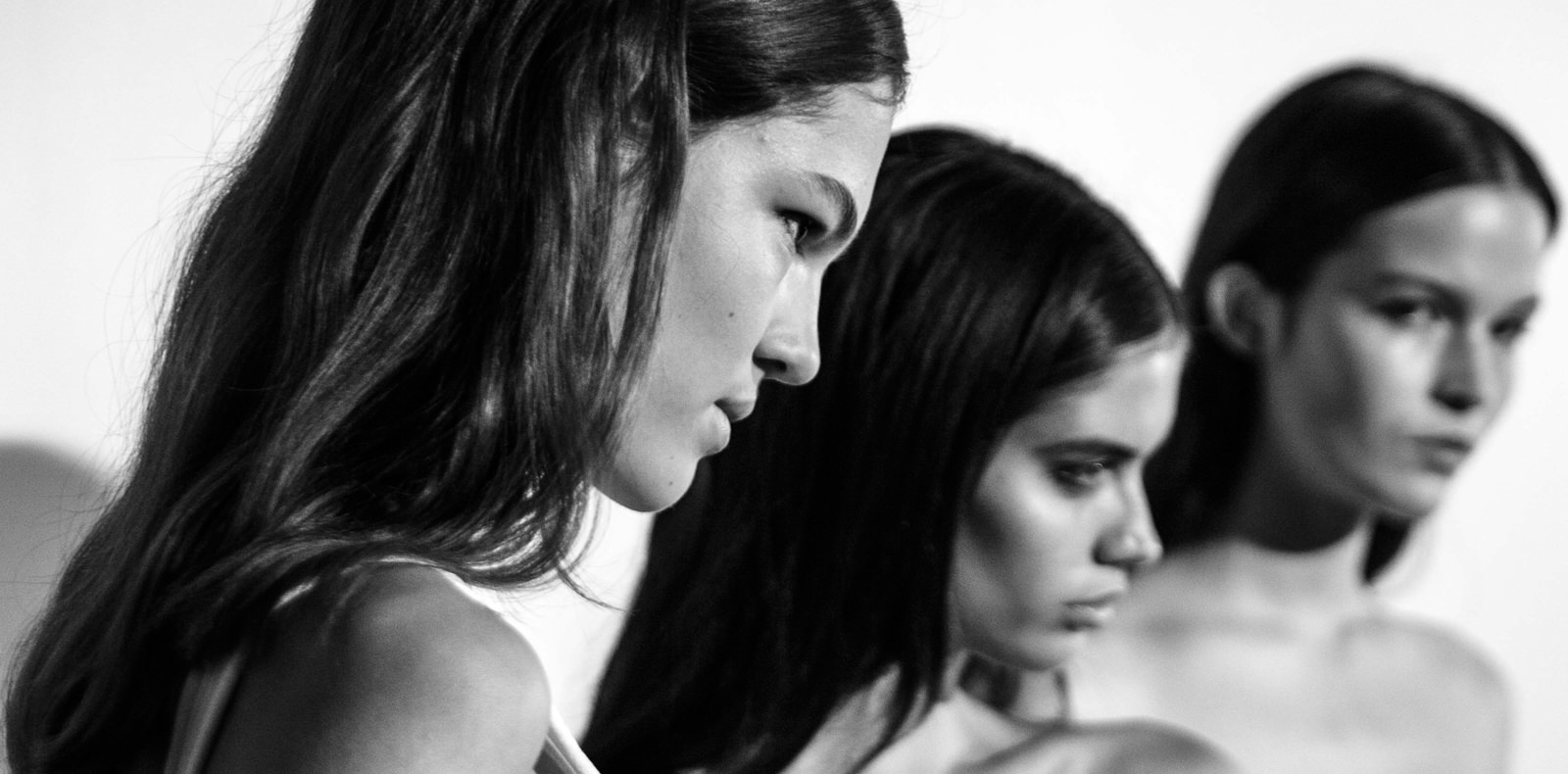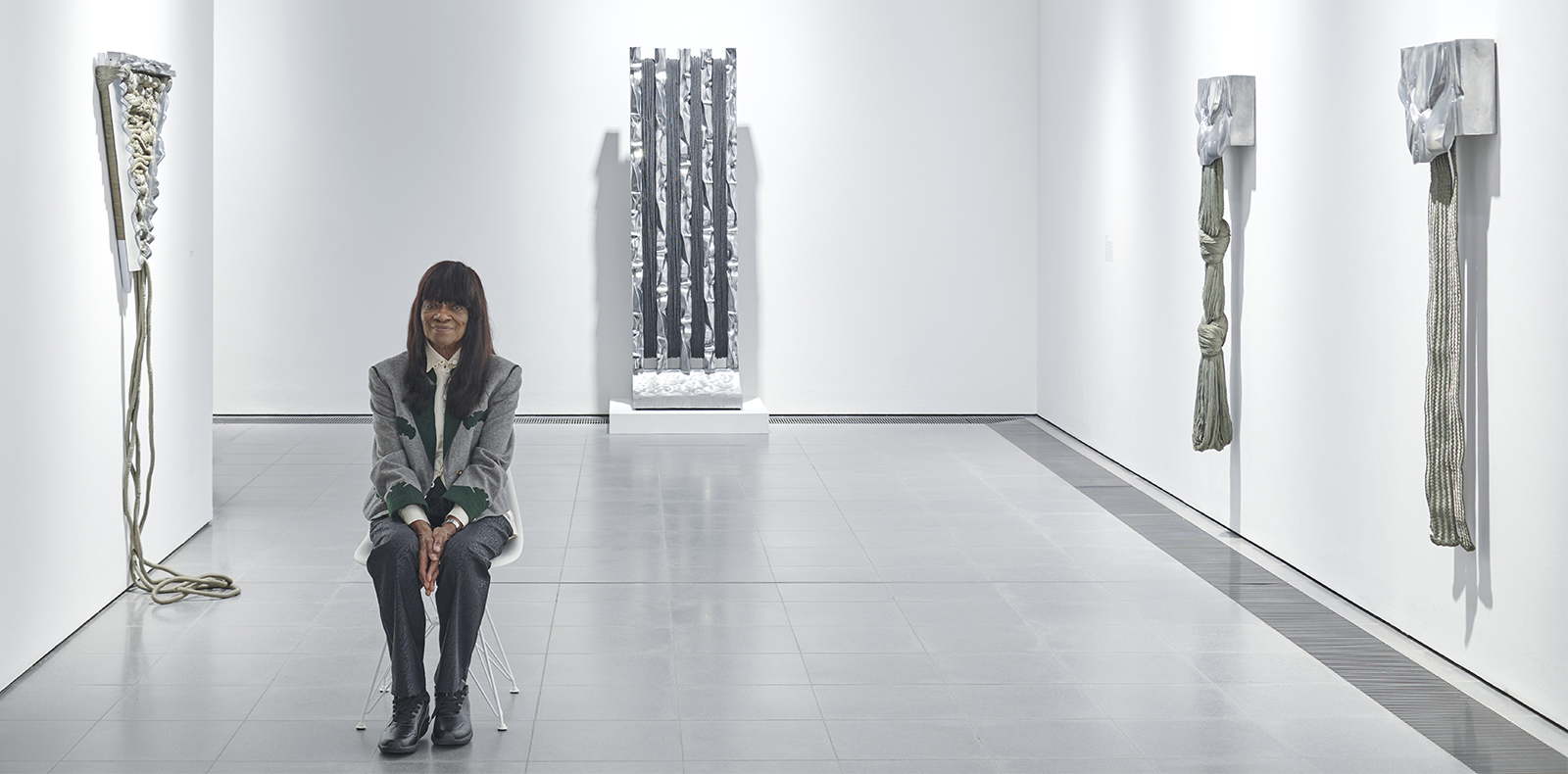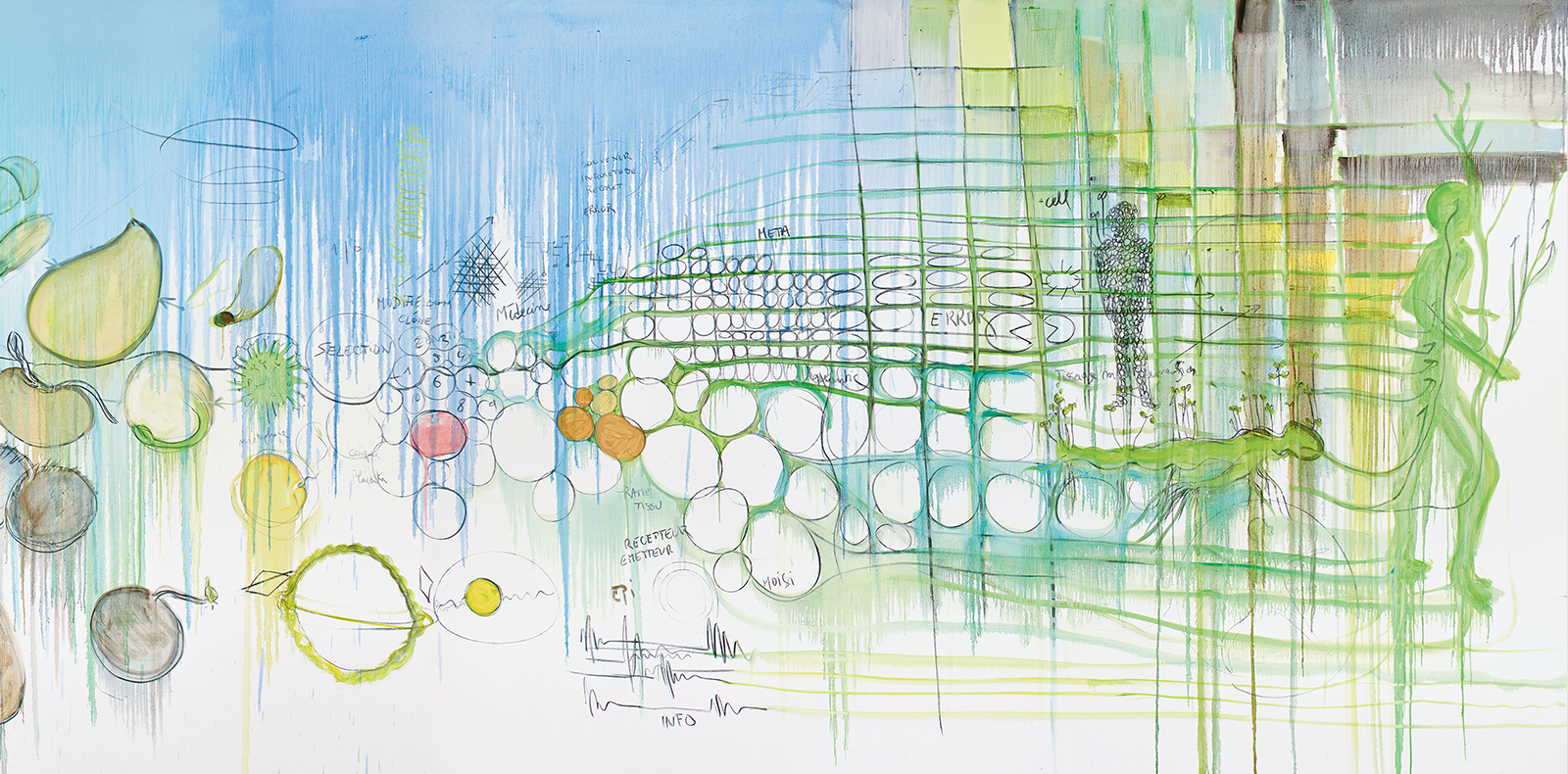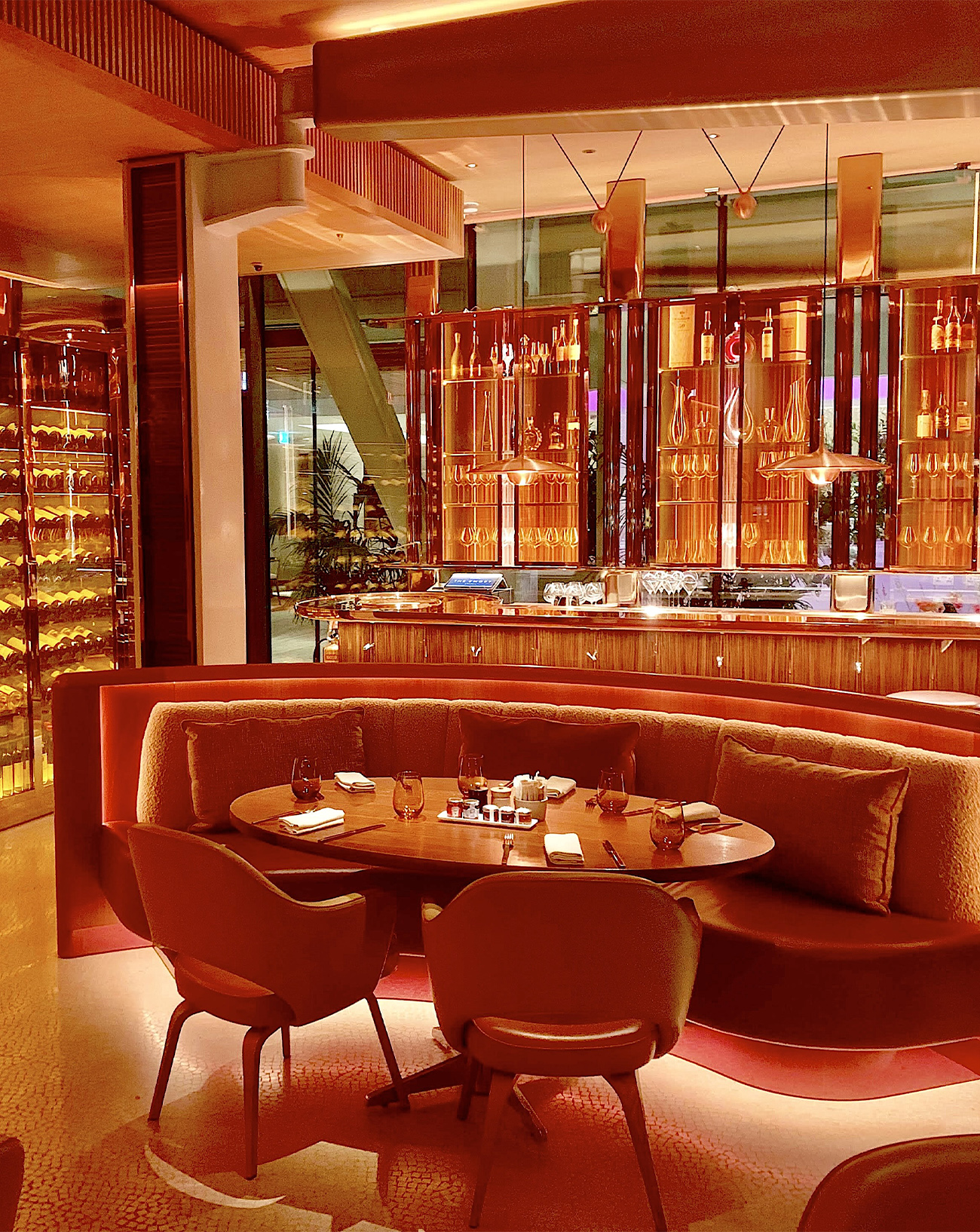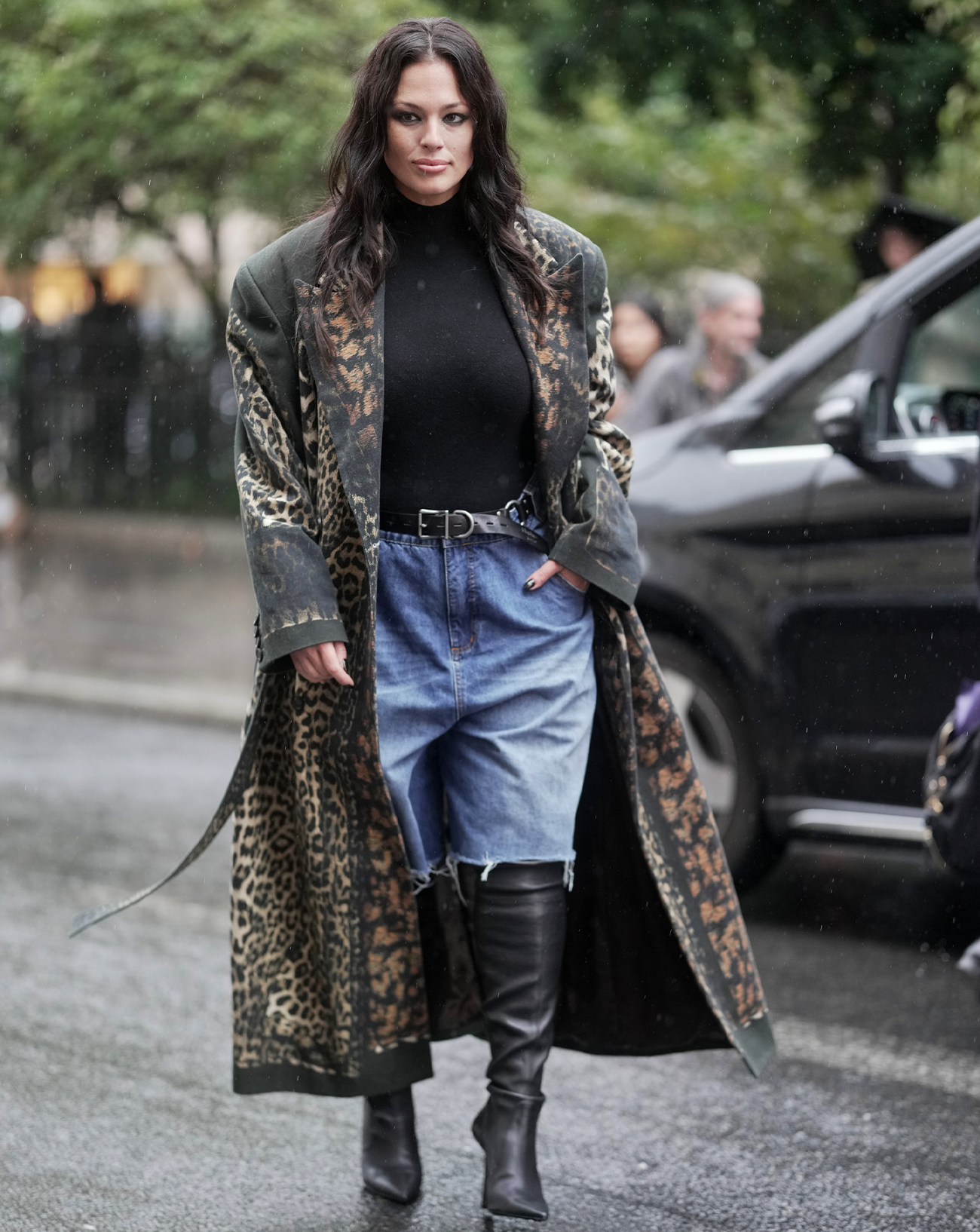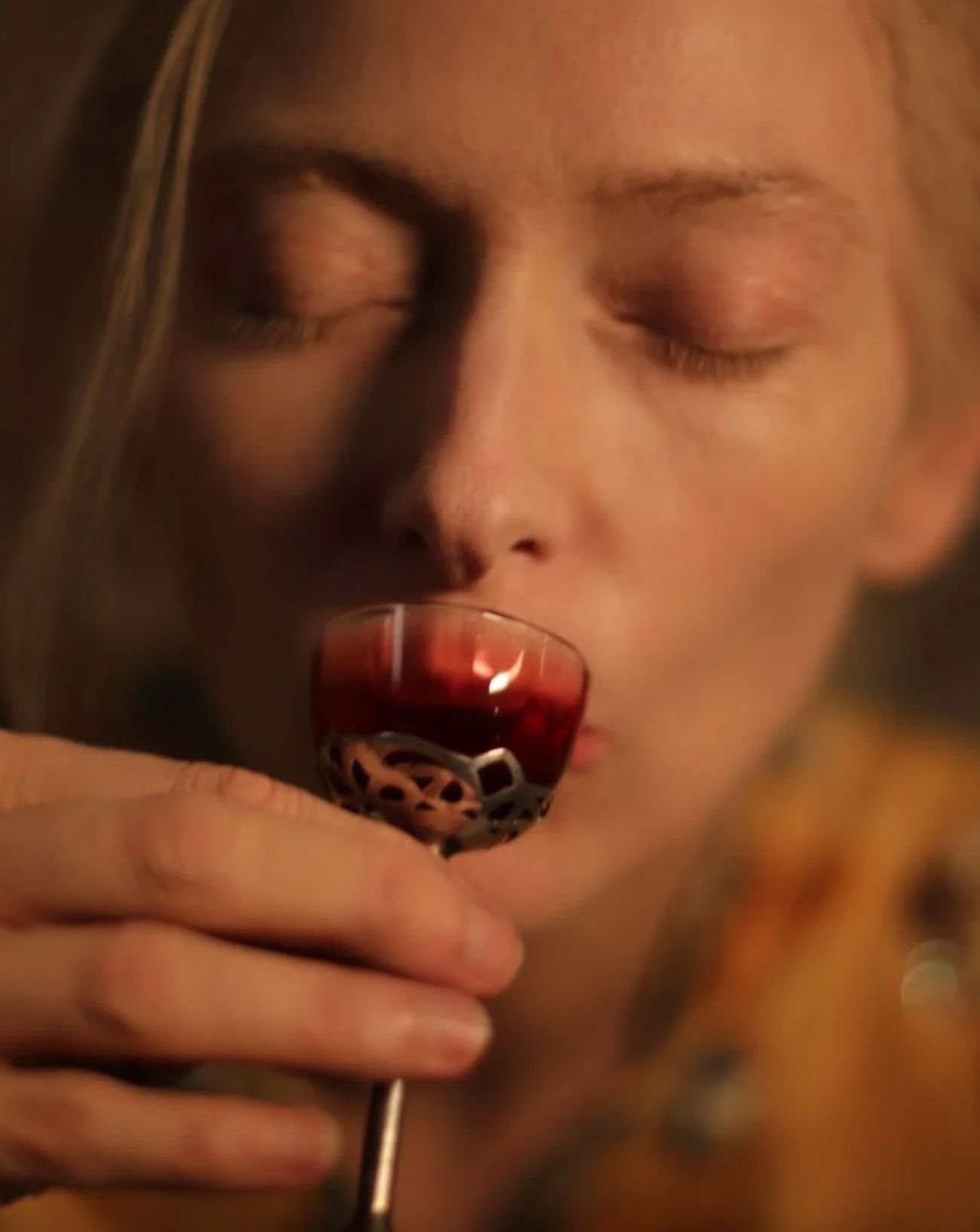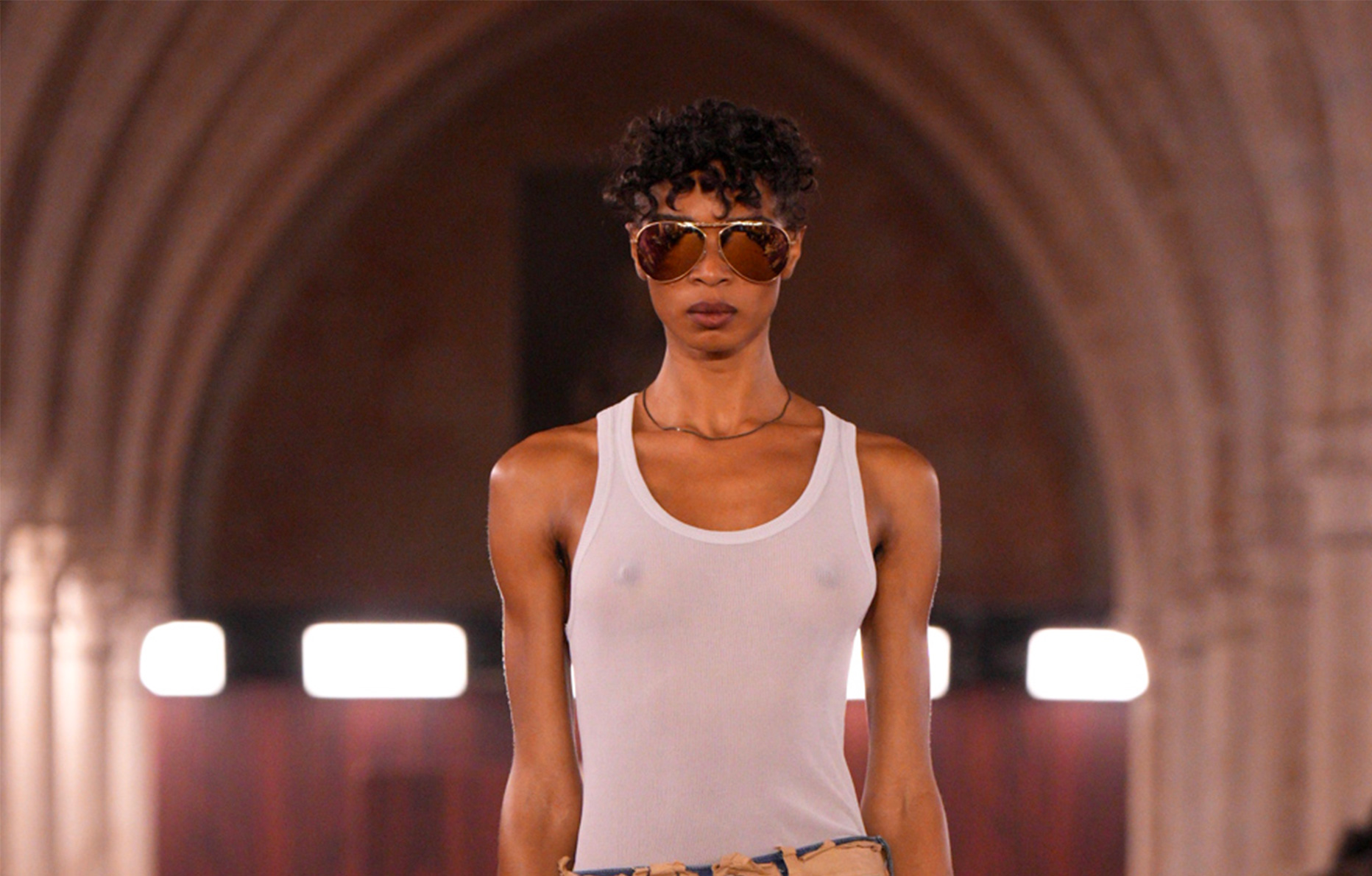
8
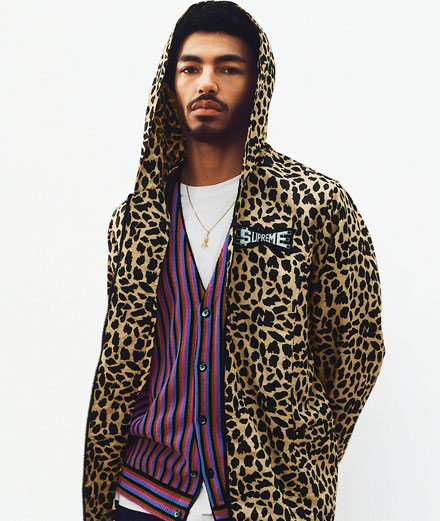
8
The Secrets behind Supreme’s Supremacy: a serious success story
For the last 20 years the American brand has reigned supreme in terms of street coolitude. Following the recent collaboration with Comme des Garçons we look back at the impressive supremacy of a “lovemark” that’s become nothing short of a religion to its fervent disciples.
By Violaine Schütz.
Born in the underground
In 1994, when grunge and hip-hop were all that mattered, James Jebbia, an Englishman in New York, opened his first Supreme shop on Lafayette Street, NYC with just 12,000 dollars. The name came from Coltrane’s epic tune, “A Love Supreme” while the simple logo and advertising was inspired by Barbara Kruger (the artist behind the ironic montage, “I Shop Therefore I am”). Jebbia started with virtually nothing. He couldn’t even patent the “Supreme” name. In fact we know very little about the notoriously discreet Jebbia except that he was a child actor who learnt ‘fashion’ while working with Eddie Cruz, the future founder of Undefeated, at the Soho boutique Parachute. Cruz opened the Union NYC boutique in 1989 and two years later started Stüssy. Two guys from the street scene, one good school…
“Larry Clark would go on to cast certain actors for his movie Kids in the NY Supreme store before doing a calendar for the brand”
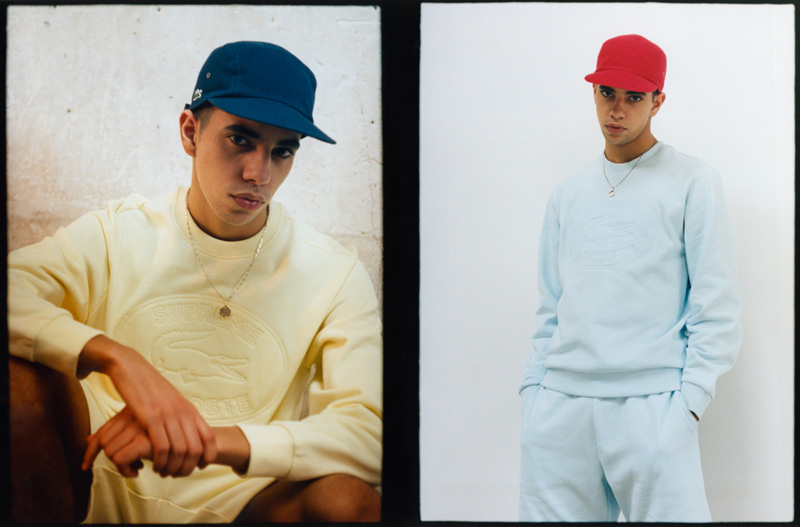
Smart Intuition
With flair worthy of Steve Jobs, Jebbia felt there was potential for skaters who didn’t have access to enough good quality and stylish garb. He wanted to give this tribe of young skaters well cut basics, ie before its time: hoodies, white t-shirts, canvas pants. He never actually skated himself but fell in love with the drawings on boards and the culture of these young rebels who hung out on streets listening to loud music. And most of all Jebbia had the same low-profile and humble attitude of skaters. He quickly chose his salespeople from this community and Larry Clark would go on to cast certain actors for his movie Kids in the NY Supreme store before doing a calendar for the brand.
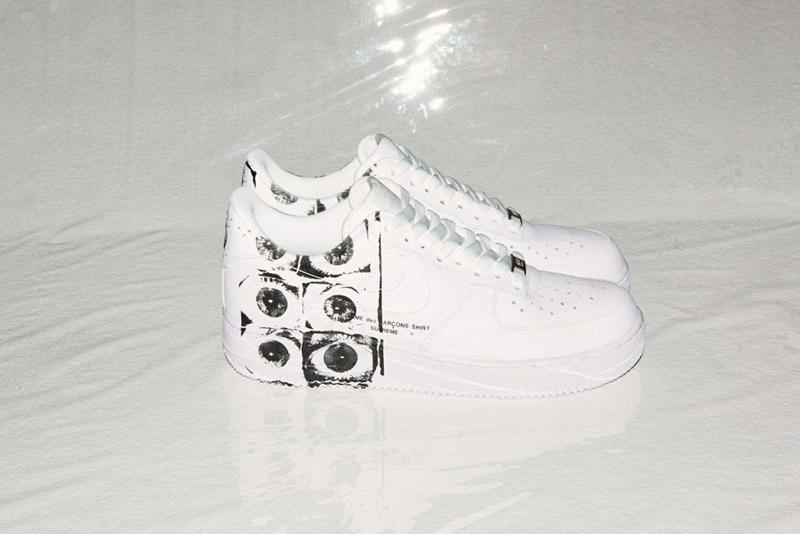
Insider Trading
A well-kept secret, the first Supreme shop in NYC was frequented by those in the know. Jebbia had the brilliant idea of keeping the doors wide open so skaters could enter directly on their boards. The designer had little cash, but lots of ideas. Adept at guerrilla marketing, he stuck Supreme stickers on walls all over New York, much like a graffiti artist scrawls his tag. In 1994 he stuck his logo over Calvin Klein’s adverts featuring Kate Moss. Just over the pants… Calvin Klein filed a lawsuit. Then that in 2000 Jebbia launched a “Supreme Vuitton” skateboard, blatantly appropriating the French brand’s monogram. Another lawsuit followed. In 2012 Supreme used the advert customised with his logo back in 1994 to announce a collaboration with Kate Moss. And he even ended up collaborating for real with Vuitton in 2017. Daring moves indeed, that paid off in the end…
“In 1994 he stuck his logo over Calvin Klein’s adverts featuring Kate Moss”
Keeping it Rare
Originally through sheer laziness, Jebbia never bothered with stock, producing only small quantities. The result was that demand quickly outstripped supply. It’s always when we can’t get something we want it even more. Even when it’s a basic white top… Today t-shirts with a Supreme logo originally sold for 50 euros in store now go for 300 on eBay. The rarity of Supreme also works with the retail spaces. There are less than ten stores around the world: London, Paris, Los Angeles, Tokyo, Osaka, and Fukuoka. Adhering to ultra-luxury codes the brand goes even further by only selling Supreme at Supreme… And the brand has no Twitter or Tumblr accounts, and didn’t even have a lookbook until 2009.
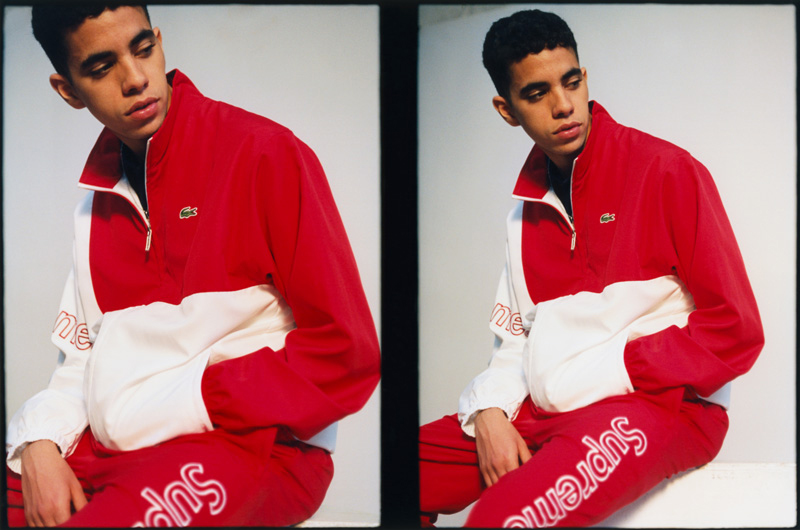
Pop culture x counter-culture
Cultivated and very aware of the hype surrounding certain icons, Jebbia has always used pop culture icons to generate desire for his products. Like a street style Warhol he uses well known faces to bring in their fans. One of his first ever prints was the cult image of Robert De Niro in Taxi Driver. Then came the t-shirts with Bruce Lee, Black Sabbath, the Misfits, Bad Brains, Daniel Armstrong drawings and visuals from Clash record covers. His ultra-cool muses range from Lou Reed, Kate Moss, Neil Young, Michael Jordan, Mike Tyson and Paul Morrissey to Chloé Sevigny and Lady Gaga. Plus Kermit the Frog for the fun. The photos are often shot by Terry Richardson or Kenneth Cappello. As a result today’s superstars can’t get enough of his limited editions and we regularly see them being worn by Odd Future, Tyler, The Creator, Earl Sweatshirt, Frank Ocean, Kanye West, Travis Scott, Chris Brown, Wiz Khalifa, ASAP Rocky, Schoolboy Q, Drake, Nas, Pharrell Williams, James Lavelle, Gucci Mane, Kid Cudi and even Kylie Jenner.
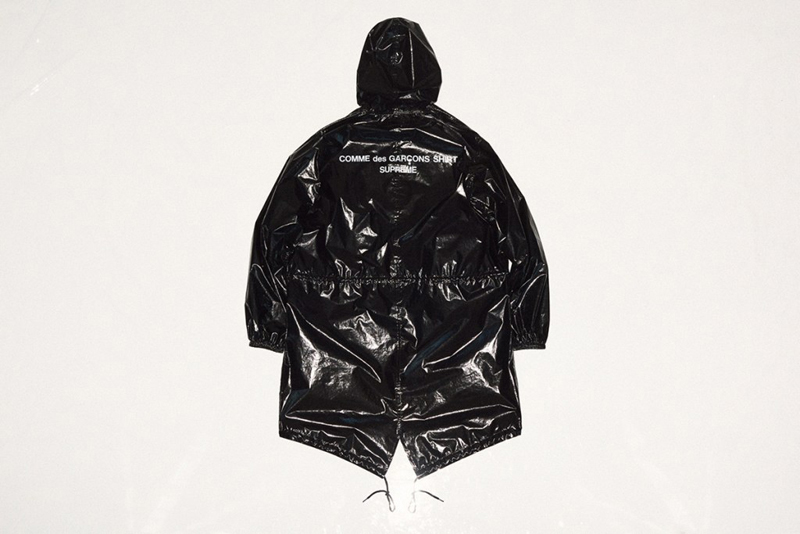
Strength in numbers
While collaborations are the norm today, Supreme started early. It’s all about joining forces with brands as cool as theirs. Nike, The North Face, Comme Des garçons, Vans, Timberland, Dr. Martens, Levi's, Hanes, Lacoste and even Louis Vuitton have all partnered up with Supreme for co-productions that have barely hit the shop floor before they’re out of stock. New pieces put up for sale on the website sell out in less than five minutes. There are riots outside the stores. In 2014 the NYPD were forced to cancel the Air Foamposite de Nike x Supreme launch to avoid total chaos in the streets. Supreme also collaborates with artists. Peter Saville, Richard Prince, Takashi Murakami, Damien Hirst, Christopher Wool, Nobuyoshi Araki, Futura 2000, Harmony Korine, George Condo, Rammellzee, Ryan McGinness, KAWS, Larry Clark, Jeff Koons, H. R. Giger, Mark Gonzales, Robert Crumb, David Sims, David Lynch and Marilyn Minter are just some of the big names involved with the brand. In 2012 Jebbia’s fortune was estimated to be in the region 40 million dollars. Proof, if needed, that we’re always stronger together…






